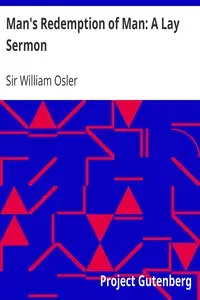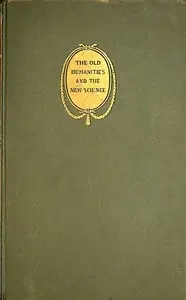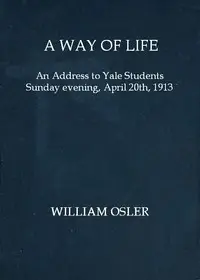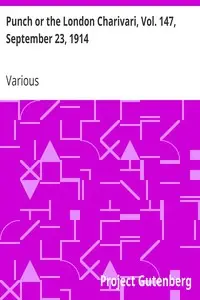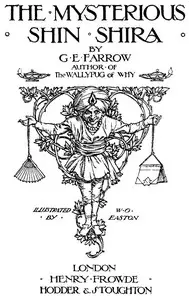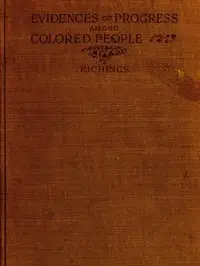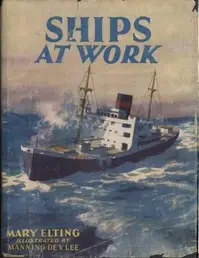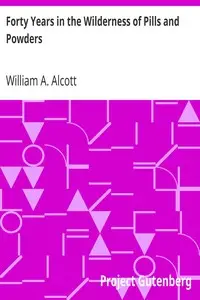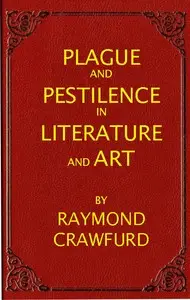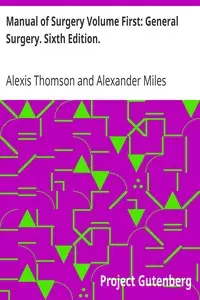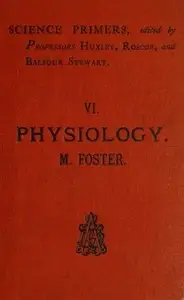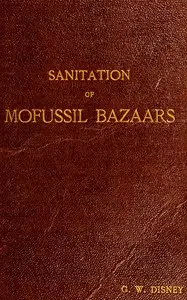"The Evolution of Modern Medicine" by Sir William Osler is a series of lectures delivered at Yale University in the early 20th century, specifically in the early 1910s. The work presents a comprehensive historical account of the development of medicine, tracing its evolution from primitive practices rooted in superstition and magic to the rational methods characteristic of modern science. Osler explores the contributions of various cultures and periods, emphasizing the importance of key figures and the slow, often tumultuous journey towards a more systematic understanding of medicine. At the start of the lectures, Osler sets the stage by discussing the origins of medicine, suggesting it arose from humanity's instinctual compassion for one another. He notes the transition from a world filled with magical beliefs and divine intervention to one where systematic observations and empirical practices begin to take precedence. The opening portion emphasizes how ancient civilizations, particularly those in Egypt and Babylon, shaped early medical practices while still being heavily influenced by superstition. Through poetic language and vivid imagery, Osler frames the history of medicine as not merely a progression of techniques but as a story woven with the threads of philosophy, ethics, and human experience. (This is an automatically generated summary.)
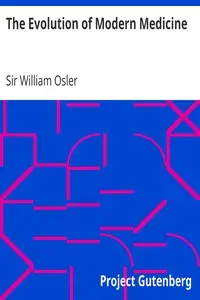
The Evolution of Modern Medicine A Series of Lectures Delivered at Yale University on the Silliman Foundation in April, 1913
By William Osler
"The Evolution of Modern Medicine" by Sir William Osler is a series of lectures delivered at Yale University in the early 20th century, specifically i...
Sir William Osler, 1st Baronet, was a Canadian physician and one of the "Big Four" founding professors of Johns Hopkins Hospital. Osler created the first residency program for specialty training of physicians. He has frequently been described as the Father of Modern Medicine and one of the "greatest diagnosticians ever to wield a stethoscope". In addition to being a physician he was a bibliophile, historian, author, and renowned practical joker. He was passionate about medical libraries and medical history, having founded the History of Medicine Society, at the Royal Society of Medicine, London. He was also instrumental in founding the Medical Library Association of Great Britain and Ireland, and the Association of Medical Librarians along with three other people, including Margaret Charlton, the medical librarian of his alma mater, McGill University. He left his own large history of medicine library to McGill, where it became the Osler Library.

